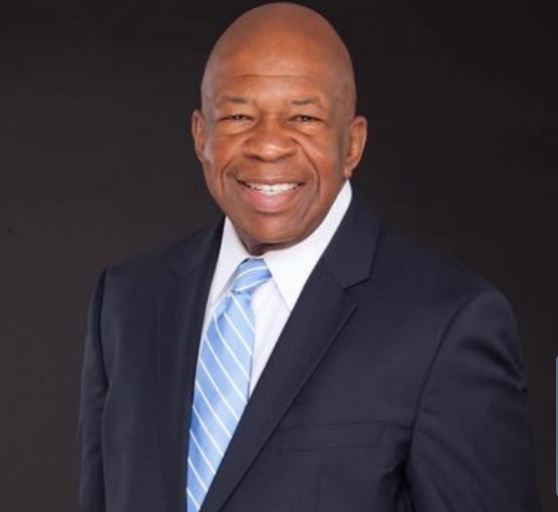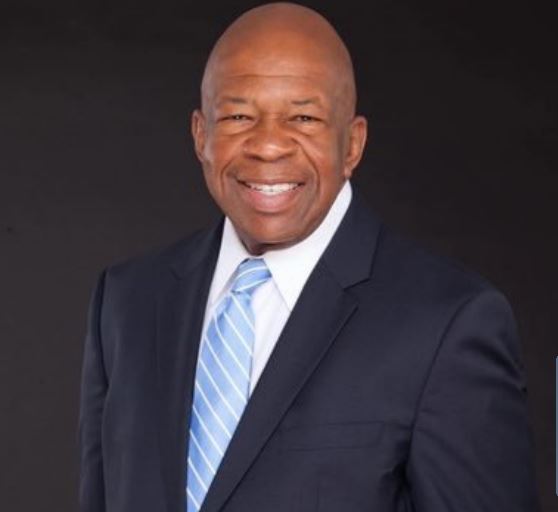[ad_1]
Submitted to the AFRO by Congressman Elijah Cummings
As most of us are aware, higher education can be an essential key to financial success. By supplementing a high school diploma with a college degree, Americans can add $15,000-$20,000 per year to their earnings – enough to move a family from subsistence to the middle class.
After centuries of struggle, what our children know finally can have a larger impact upon our lives than whom we know. It remains up to all of us, however, to assure that everyone benefits from this advance in our humanity.
Although access to college is no longer restricted to a select few (or only to young people, for that matter), paying for educational opportunity remains a challenge for most American families.
I know this from the experience of my own life. Like so many others in our community, the power of a good education transformed my life. Yet, I could never have accomplished my goals without the support of financial aid.

That is why, each year, I host a free evening seminar that brings together financial aid experts, college representatives and prospective college students to learn how to pay for college while accumulating as little debt as possible.
We will be hosting my 22nd annual “How to Pay for College” session on Monday, December 3, from 5:00 pm to 8:00 pm at The Maryland Institute College of Art Brown Center, 1301 West Mount Royal Avenue in Baltimore.
I mention this date because I hope that each person reading this message will encourage everyone they know to attend our free seminar and be empowered to begin their own climb toward success.
Annual earnings for Americans with bachelor’s degrees are about 60 percent higher than the incomes of those with a high school diploma – and, over a lifetime, those additional earnings can exceed $1,000,000.
During the last two decades, more than 10,000 of our neighbors have participated in our free financial aid seminars and learned how to obtain the college aid that is so necessary. Their success stories are living proof of the financial benefits of advanced education (and are among my greatest satisfactions in life).
Although advanced education is a critical investment in our future, very few American families can afford to send themselves or their children to college or advanced technical training without receiving some help. Millions upon millions of Americans need the help of the federal financial aid programs that we in Maryland’s congressional delegation are fighting to sustain and expand.
The core of this federal help (called a Pell Grant) is based upon a person’s income and financial need. More than 7 million Americans will receive $27.5 billion in these grants during this academic year.
However, recent news reports have confirmed that more than $2.6 billion in Pell Grants went unclaimed this year – for the most part because prospective recipients were unaware of the process for receiving these awards.
The Free Application for Federal Student Aid (FAFSA) [https://studentaid.ed.gov/sa/fafsa] must be completed by next March to receive federal help in the Fall of 2019. We have worked to make the process of completing this application as manageable as possible – as participants will learn at our December 3 seminar [and can see at [https://studentaid.ed.gov/sa/types].
Federal financial assistance, as well as additional student aid from state and non-profit sources, is especially important in an era when the cost of advanced education has been increasing. Covering these costs remains one of our most important educational challenges.
I have the honor of serving on the Board of Regents of Morgan State University, where we have been able to limit the increases in tuition and fees for Maryland residents in recent years. Although these costs at Morgan State are relatively affordable, when compared to other universities [currently, about $4890 / semester], they still are beyond the reach of too many deserving families.
Despite our best efforts, we continue to witness some students leaving school before obtaining their degrees because they no longer can afford the cost. Each of these departures is a tragedy, both personally for me and for our community, a tragedy that we all should be doing everything in our power to avoid.
That is another reason why we will be bringing together federal and state financial aid experts to share their knowledge about the assistance that is available to students from our community – as well as their advice about how best to qualify – at our Seminar on December 3.
These experts will be joined by representatives from colleges, universities and scholarship organizations who will better educate us about how to be accepted for study in their schools and all that they have to offer.
Young and young-at-heart alike, I hope that you will join us at Maryland Institute College of Art on December 3. Together, we can make the dream of higher education available to all.
Congressman Elijah E. Cummings represents Maryland’s Seventh Congressional District in the United States House of Representatives.
[ad_2]
Source link

